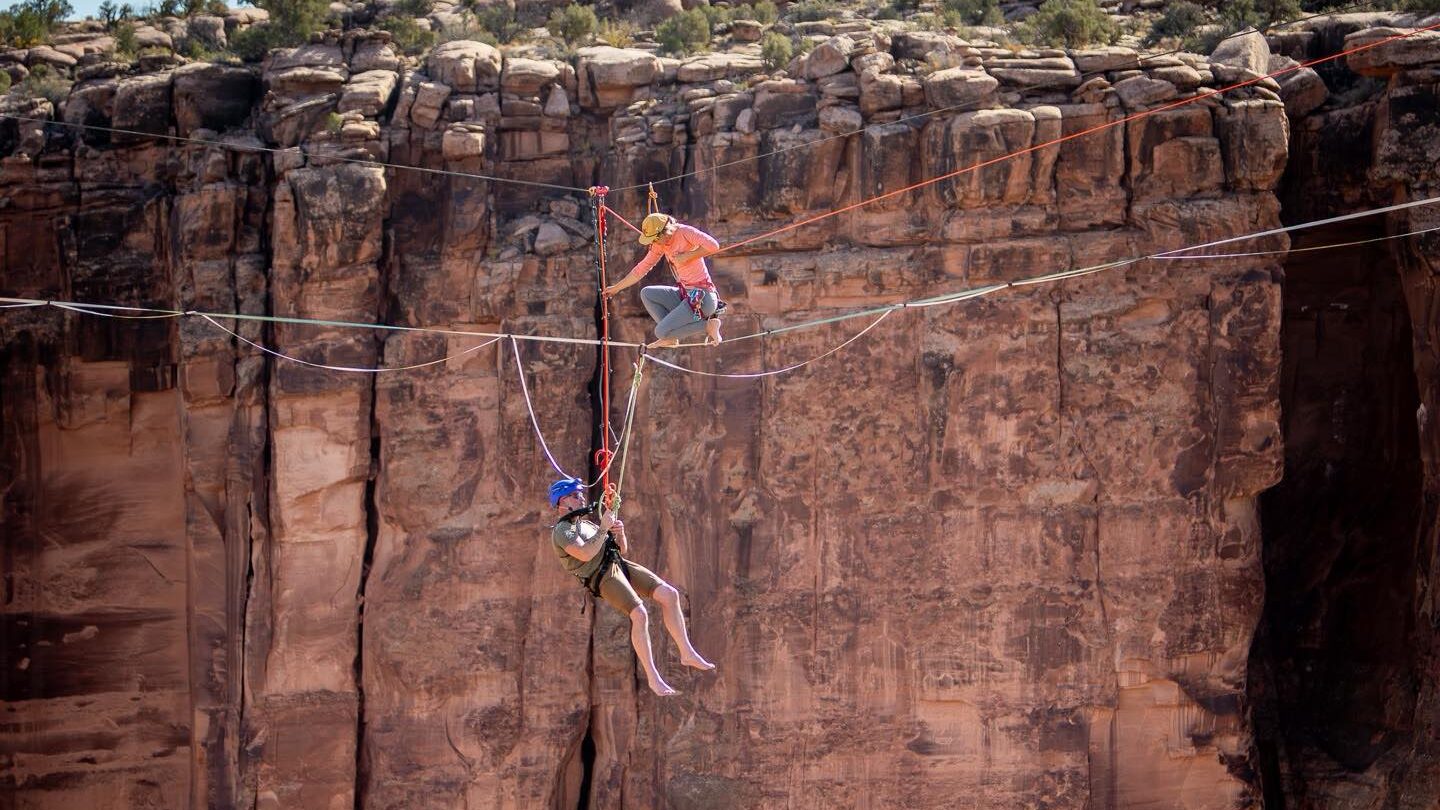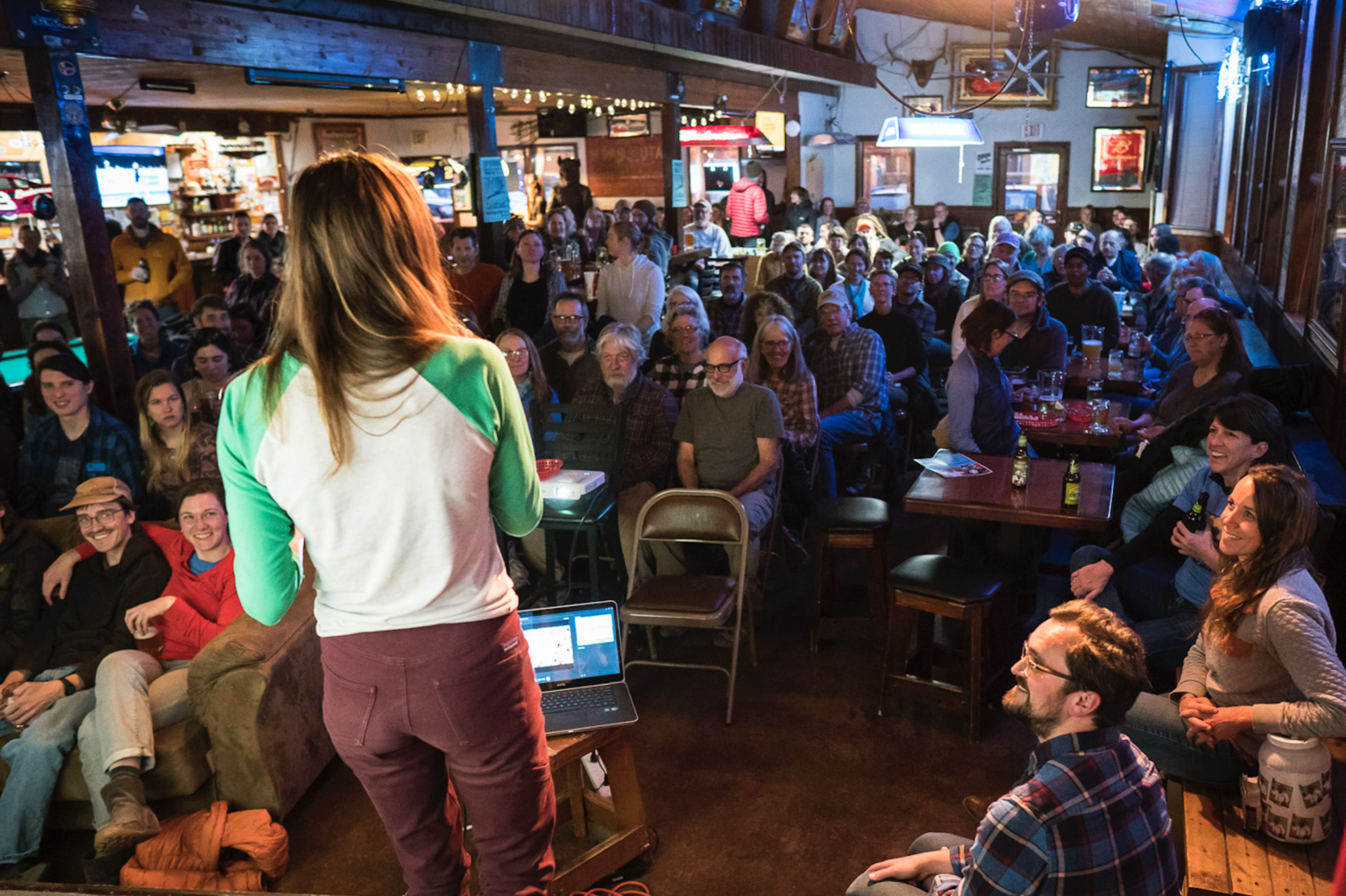Some information may be outdated.
“Farm to school” means more than just getting local foods in schools for meals—that’s only one aspect of Utah’s Farm to Fork program, which aims to also bring gardens and agriculture education to schools across the state.
“When we develop healthy relationships with food, when we’re learning where our food comes from, we can make good decisions about what we’re eating,” said Kelsey Hall, who serves on the Utah Farm to Fork task force and works as a local food marketing specialist for Utah State University.
Farm to Fork acts as a network that brings together farmers, schools, and community stakeholders. But it’s difficult to create a statewide program when so many schools and farms in Utah are in rural areas, said Kate Wheeler, who works on the Utah State Board of Education.
And currently, the program doesn’t have a strategic plan—that’s why Wheeler is organizing a set of Farm to Fork workshops across the state that she hopes will help define both the program’s overall goal and the individual community roles within it.
“We want to be really strategic about tackling some of the big issues,” Wheeler said. “So we’re doing this dual process where we want to come up with a really detailed plan for where we want to be in five to ten years and how to get there—and also, we want to come up with a functional, interconnected structure for the network that incorporates rural Utah.”
There will be workshops in Richfield, Cedar City, Heber, and Moab.
The official Farm to Fork vision is “a future where access to fresh local foods, school gardens, and agriculture education is a way of life. We collaborate to build a strong local food economy for all Utahns, resulting in healthy children and residents in our connected communities.”
“It’s beautiful,” Wheeler said. “Big picture, that’s what we’re hoping to work for over the next five years.”
Workshop participants will discuss what challenges could be holding back the Farm to Fork program and how to move forward, both in their own communities and statewide. Wheeler also hopes the workshops create more of a network across farms, schools, and teachers.
“What we’re hoping to hear from those workshops is really what our priorities should be,” she said.
In Hall’s experience, implementing farm-to-school programs in Utah is difficult first because of the state’s agriculture. Utah’s desert climate doesn’t lend itself to cultivation of fruits and vegetables, Hall said, which makes sourcing that local produce even more challenging. Wheeler said Utah’s drought also presents a challenge, but it’s a “fact of life.” Most of the state’s farmers raise livestock, and they typically export their products out instead of selling them locally. Most schools in the state don’t have the necessary equipment to process bulk, raw agriculture products, Hall said.
Pricing can be a challenge too: when smaller local farmers sell produce to schools, their profitability price point may be higher than what schools are willing to pay—especially when there’s cheaper produce available elsewhere.
Wheeler listed a number of other challenges she’s found over the years: small farmers don’t have as much of a voice in the legislature as big farmers do; within schools, nutrition programs aren’t valued as highly as, say, test scores; and agriculture education right now is focused mostly on potential careers, instead of hands-on, garden-based learning.
“If we can learn the root causes of farm-to-school issues, and of local food issues in each county or region, we can do a better job at helping think about how to source and procure food in those areas,” Hall said.
The Farm to Fork workshop in Moab will take place on Wednesday, July 20, led by Kate Wheeler and a local host: Emily Roberson, director of the Youth Garden Project. Anyone who is “doing the work of farm to fork—growing food, buying and cooking food, and teaching students” is invited to provide their input. Registration information is available on www.utfarmtofork.org.
Appreciate the coverage? Help keep local news alive.
Chip in to support the Moab Sun News.





